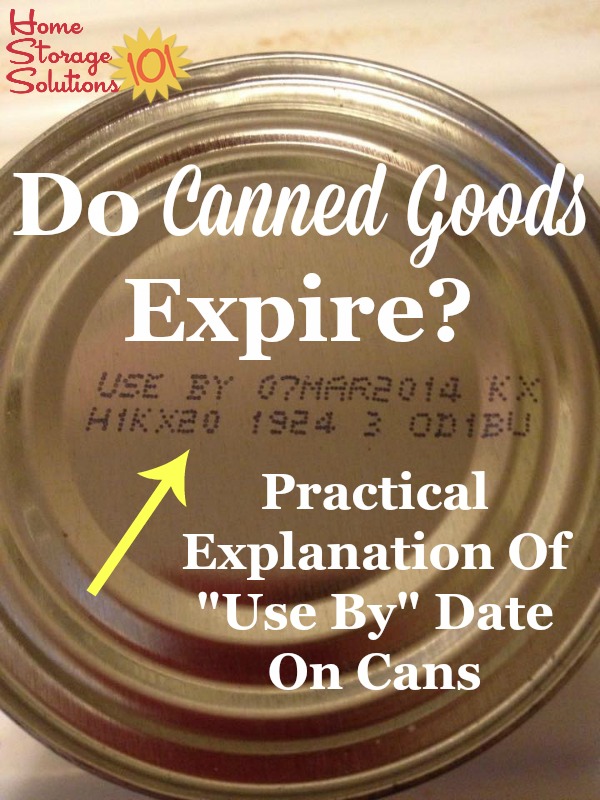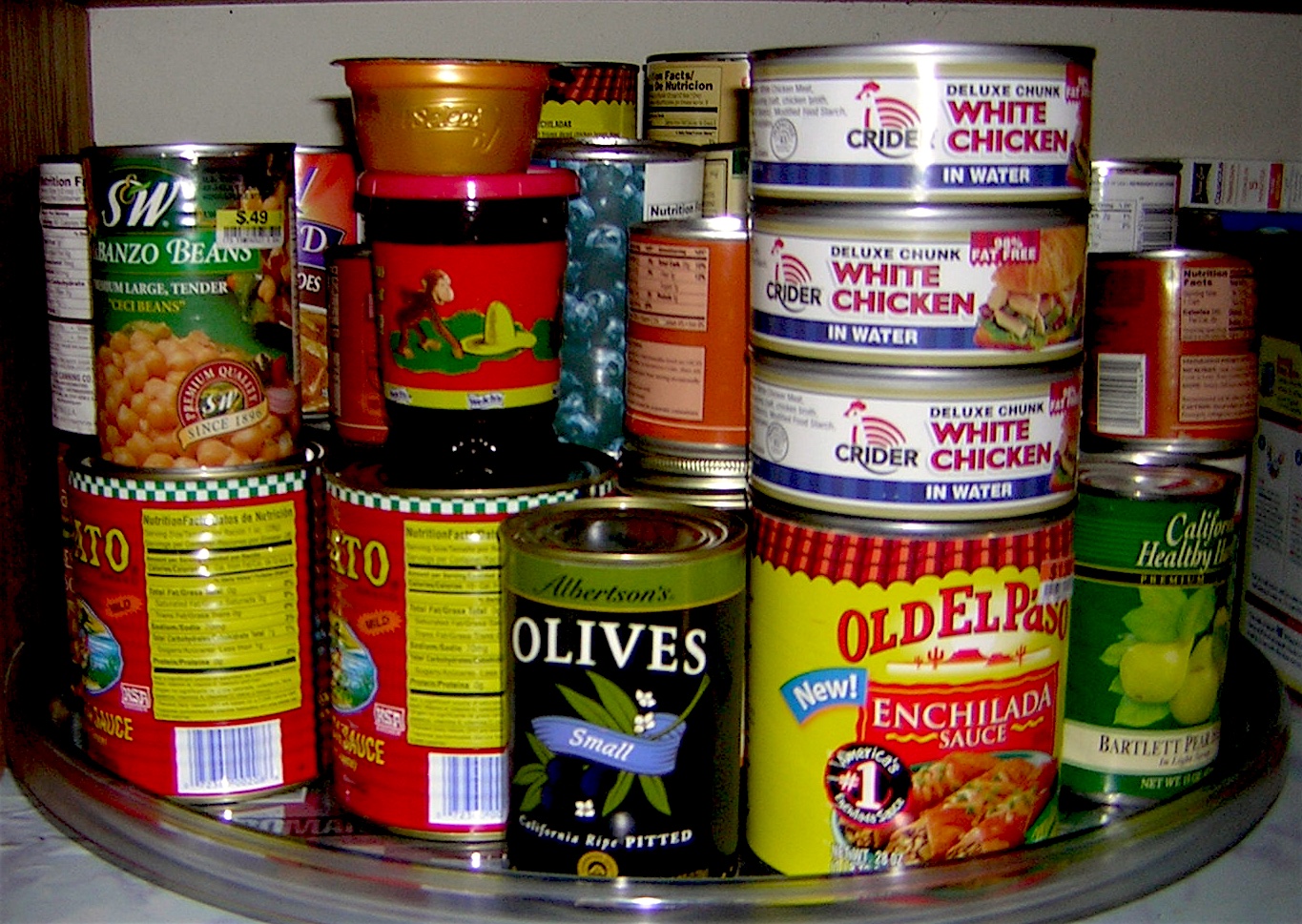Canned Goods Expiration Safety
The automated video discovery system of this site automatically creates and manages links to the publicly available video content interested to the visitors of this site. All linked websites are linked 'as is' and LakFreedom Media do not necessarily endorse or approve of any material on websites linked from or to this Site; does not make any warranties or representations regarding the quality, accuracy, merchantability or fitness for purpose of any material on websites linked from or to this Site. Sinhala funny videos. This site includes automatically created and managed links to Youtube™ hosted video clips.
The winches strained and squealed and gradually the steamboat Bertrand was excavated from the silt and sand of the Missouri River and brought to the surface. The year was 1968. The Bertrand, a shallow-draft riverboat, had caught a snag north of Omaha, Nebraska and sank on April 1, 1865. The vessel was carrying goods to the gold camps in Montana and over 10,000 cubic feet of cargo were covered in the salvage effort – clothes, tools and medicine.
Dangers of Eating Canned Food (and How to Reduce Those Health Risks) In today's busy world, eating canned food has become a habit for many of us. Indeed, the FDA reports that 17% of the American diet comes out of cans. The food expiration dates printed on tin cans are set so that it is unlikely that substantial amounts of tin will have time.
And plenty of canned foods including dried beef, oysters, peaches, mustard from France, and assorted brandied fruits. In 1974 a selection of the food from the hold of the Bertrand was sent to the National Food Processors Association for testing. The appearance of the fruits and vegetables and meats was somewhat gnarly, it was not a taste sensation and most of the nutritional value had long since evaporated but the scientists concluded the edibles were 100 percent safe to eat. There was no trace of microbial growth whatsoever.
And you are worried about the expiration date on the canned goods in your pantry?
Related: How To Preserve Beef in Glass Jars
What Makes Canned Food Unsafe to Consume?
There is only one thing that will impact the safety of the food consumers eat – contamination. The inside of a sealed can is a sterile environment. No air equals no microbes equals no harm to the food. The natural process of decay will sap the vitamins and savoriness of the contents but the food will carry no harmful diseases.

Not all food reacts the same way to its canned incarceration, however. High-acid foods – tomatoes, citrus and other fruits – do not support food poisoning bacteria in any conditions and the offending germs will shortly die in such an environment. Low-acid foods – mushrooms, meats, green beans – typically receive a zap of sterilizing heat before canning. So, if faced with a can of food of unknown origins and age the higher the acid the safer the contents.
A compromised can will be cause for concern. Any dents or damage in a can’s exterior may be an indication of seal issues. Download lagu dangdut koplo. Any air that may seep into the interior can lead to disease-causing infection by bacteria. If a can is bulging or leaking it should be disposed of without consideration.
Fortunately there is no reason to worry about a can’s history before consuming its contents. That is because nature has provided each and every one of us with the best arbiter of a food’s safety available – our reliable senses. If food from a newly opened can looks rancid or smalls bad do not eat it, regardless of any date stamped on its lid.
Related: How the Early Pioneers Preserved Food and What They Ate

So What Should I Know about Expirations Dates?
The first thing you should about expiration dates know is where they come from in the first place. And that is not from the federal government or any consumer watchdog agency. Unless you are buying infant formula the federal government has no interest in dating food – and dates on baby formula are only concerning nutritional quality, not safety. Some 20 state governments meddle in the expiration date business but that is again about food qualityand not safety. And they are not issuing expiration dates but mandating that they are included on packaging.
The expiration dates are provided by manufacturers. And what exactly is “expiring?” There are actually two different guidelines consumers will encounter with canned food, a “sell by date” and a “use by” or “best by” date:
1 – “Sell by” date. This date is provided by manufacturers for the benefit of retailers. It is a suggestion – and only a suggestion – as to when the product should be removed from shelves. It is the manufacturer’s recommendation of when the product is at peak quality. With that date stamped prominently on a container the supermarket is obliged to remove the product or risk being sued should something go wrong – even though the contents are perfectly safe. That is why stores will throw out voluminous amounts of perfectly good food and sell products at deeply discounted prices when the ominous deadline looms.
2 – “Use by” date. This date is the manufacturer’s suggestion to the consumer of how long the product will be at peak quality. After that, the cookies may not be as crisp or the fruit salad as bright but the food is still fine to eat. It is the “use by” date that is the source of so many domestic squabbles as food lingers in pantries months and years beyond its supposed point of perfection.
How Do the Manufacturers Determine These Dates?
Again there are no rules and regulations on issue form any government agency. Instead, there are test kitchens and laboratory scrutiny and taste tests with panels of volunteers all paid and administered by the manufacturers of the products themselves.What does that mean to consumers? Well, there are no ways to know when a can is plucked off a supermarket shelf how rigorous these tests have been before any date is stamped on the can. Or if any method beyond pure guesswork was employed at all.
The date could be conservative, to be “on the safe side” of consumption for quality. Or a date may come from a formula for production that was used years ago. As Bill Murray reminded us in Ghostbusters, “It’s more of a guideline than a rule.”
So What Should You Do With Your Canned Foods After the Expiration Date?
Eat Up.The food is almost certainly fine, especially if only a reasonable amount of time has passed from any dates arbitrarily imposed on the package. If you want to live by a date on a can the United States Department of Agriculture says that high-acid canned goods should be good (and this is quality, not safety) for 18 months and everything else has a shelf life of 5 years.
It is estimated that Americans throw ten cents of every dollar’s worth of food into the trash. That’s works out to over $1,000 worth of eats per family – most of it still perfectly fine to consume – each year. Not only is that an unnecessary bite out of the personal pocketbook but food is a principle component of landfills and contributor to methane that is warming the planet. Not to mention all the fossil fuels and resources that were squandered to produce the food. It’s best for your wallet, it’s best for the planet – eat it.
Keep Them Stored. Canned goods will not last forever. A long time, yes, but not forever. You should probably eat everything you buy sometime in your lifetime. But you can maximize the shelf life of cans by minimizing temperature fluctuations. A steady environment of between 50 and 70 degrees is ideal but whatever you can provide avoid excessive heat and freezing.
And the drier the better. Moisture can begin the deterioration of aluminum of tin cans and will also contribute to mold and bacteria should the contents ever be exposed to oxygen. Sunlight will heat the contents and also negatively affect the shelf life of cans. It is not happenstance that people have stored food in cool, dry places for hundreds of years.
Compost. Since the food is likely still good to eat it will make a fine compost. Even if the canned goods have some preservatives or other chemicals the aerobic compost microbes will make short work of these and any other small contaminants. This also applies to any potentially spoiled food in a bulging or dented can.
Depending on your composting situation it is advisable to toss the canned food contents towards the center of the pile to minimize the temptation to rodents and other scurrying animals from scoring an easy meal. You can also dig a trench, dump the food into the ground, and cover it up with dirt.
Donate. Enlightened food banks will accept cans with expired dates – up to a point. Do not expect any food bank to take anything. Damaged and bulging cans will never be accepted. Others won’t accept any food beyond the package date. Check with your local charities for instructions; many have arrived at a policy regarding expiration dates.
Sell. Some people believe the best way to explode the food expiration myth is to commercialize it. Doug Rauch, once a president of Trader Joe’s supermarket chain owned by the German family trust of Theo Albrecht, has proposed a solution for the food that accounts for 40 percent of trash that winds up in America’s garbage. He calls it “Daily Table” and his business model is to create and deliver nutritious and affordable quick-eat meals from all of the “expired” food in grocery stores that can be obtained with deep discounts or for free.
Many grocery stores are already integrated with food banks and shelters but much of that food can not be dumped or passed on because of liability issues. Entrepreneurs are increasingly coming up with schemes to churn this daily dump of food into money-making enterprises. Some day soon they may be looking to buy back canned food in private pantries.
Recycle. You can open the cans, wash them out and recycle the metal. This conscientious act does require some care, especially if you have damaged cans and jars. There are even government white papers dispensed just to outline the detoxification process involved in disposing of the contents of unsafe home canned foods.
At the very least wear latex gloves and be ready to attack any spillage with a good bleach solution. The potential botulinum toxin can be dangerous if it contacts the skin, not just when it is ingested. But when the cans are emptied and rinsed the metal containers can be safely recycled.
Toss Them. In economics it is called “sunk costs.” You have already spent the money and the salvage value of the purchase is so diminished that there is nothing left to do but throw the cans out. You may want to double up on the plastic garbage bags to be certain the cans do not break out and break open on the way to their final resting place in a landfill.
The Raid is a 2011 Indonesian action thriller film written, directed and edited by Gareth Evans. The film stars Iko Uwais, who previously worked with Evans in another action film, Merantau, released in 2009. Both films showcase the traditional Indonesian martial art Pencak Silat, with. 
You may also like:
Best By Dates Canned Goods
An insanely effective way to build a 5 year food stockpile (Video)